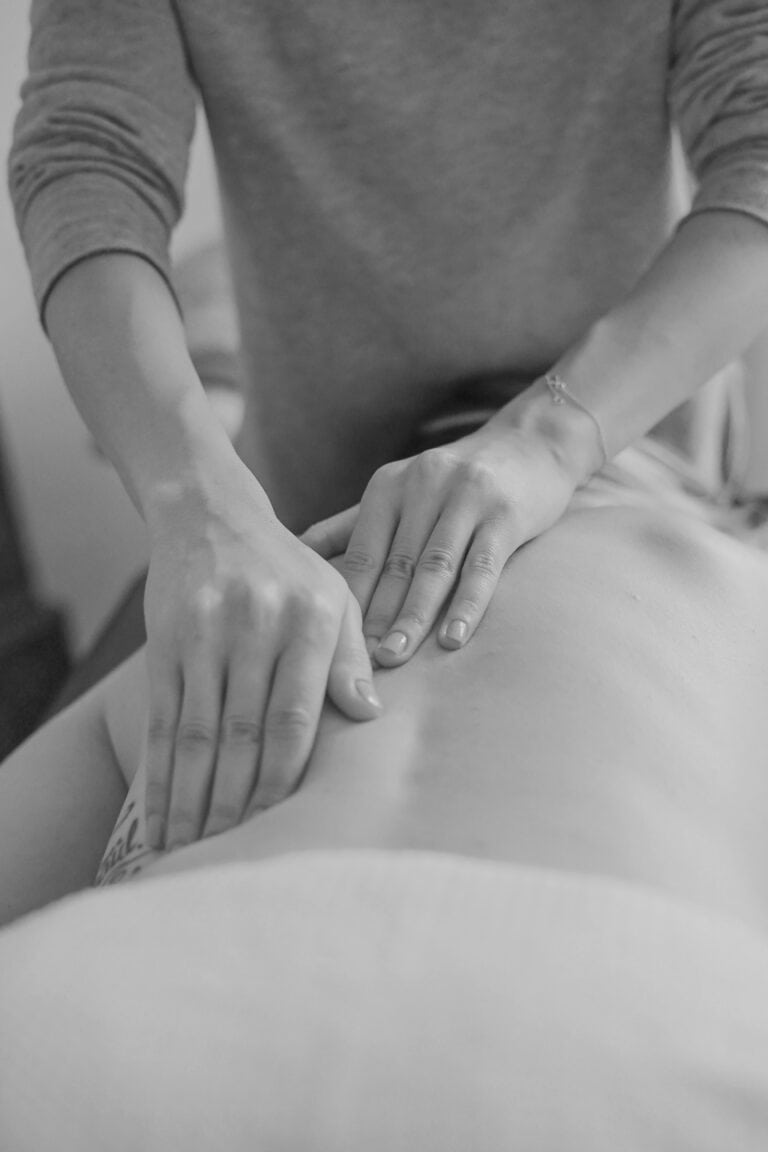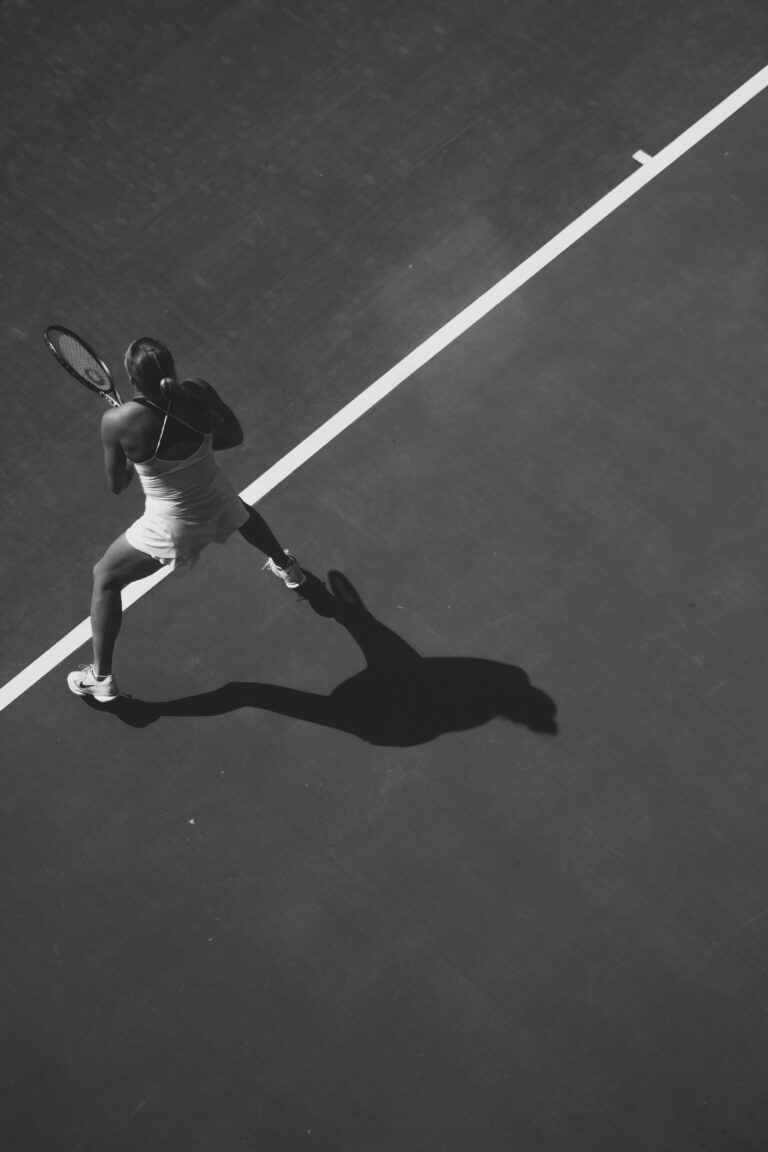“Sleep is the greatest legal performance enhancing drug that most people are probably neglecting”
This quote from Matthew Walker, Neuroscientist and Founder and Director of the Center for Human Sleep Science really sums up how crucial sleep is for your recovery.
Roger Federer sleeps 12 hours a day, Usain Bolt and LeBron James report sleeping an average of ten hours per night. Granted, these athletes have much higher training loads than the average person but it seems these hours of sleep is a requirement of their bodies to allow them to train at these levels. So for us mere mortals, sufficient time on the pillow is still critical to optimise muscle growth, recovery and adaptation.
We already know how important sleep is to our physical and mental wellbeing and have experienced the awful, lethargic and foggy headed days following a poor nights sleep.
When we don’t get enough sleep research shows:
- Reduction in ability to train optimally
- Reduction in concentration and decision making
- Reduction in mood and mental health
- Poorer recovery
- Reduction in immune system function
- Higher risk of injury
Despite knowing how important it is, most of us still struggle to get the recommended 7-9 hours of sleep.
The focus of this blog will be on some practical tips to help you to get a better and longer nights sleep.
Establishing new habits is hard work. I would recommend picking one strategy at a time and make it realistic and easy to incorporate into your existing routine. Slowly bringing bedtime forward by 15 minutes, for example, will be far more likely to work than suddenly trying to go to bed two hours earlier.
Plan your bedtime:
It can be very tempting to squeeze in a few more tasks just before bed. This will generally blow out, and suddenly it’s over an hour and we are still not ready for bed. Set a time to go to bed, and create a routine for yourself in the 45 minutes to half an hour prior to bedtime. It can be helpful to include some stretching, reading or meditation to switch off for the day. Keep a notepad on your bedside table to jot down any important thoughts so you can switch off.
During this time prioritise any essential quick jobs that need to be done, and write down the rest to make sure you remember them in the morning.
Avoid caffeine in the afternoons:
Although you may feel like you need a pick-me-up mid afternoon, our 3pm coffee can really wreak havoc on sleep patterns. Slowly reduce your afternoon caffeine intake over time (going cold turkey can be tough!) and soon enough, with all of that improved sleep, you will no longer need your afternoon coffees!
Banish the screens:
For athletes at the AIS, all technology is banned for the 60 minutes prior to going to bed! This is because the blue lights on our phones and devices can actually stimulate our brains to function as though they are awake for the first 90 minutes after we drift off to sleep.
Turn on do not disturb, add an orange filter or better yet place your phone out of reach outside of your bedroom. Instead of scrolling social media, try reading a book.
Create a cool environment to sleep:
No, I don’t mean redecorating your bedroom to be more fashionable! Reducing the temperature in your room where possible will help you to get to sleep and also improve the quality of your slumber. Opening a window or using fans or air-conditioning to keep the temperature low during the hot summer months will help you to sleep soundly. If you can also turn the environment dark and quiet, you get extra points.
Go to bed and wake up at the same time each day:
Consistency around bed time and wake up time will help to develop a better rhythm for sleep, making it easier to fall asleep on time and to have good quality sleep as our sleep hormone regulation becomes more routine and consistent.
So lie down and get ten toes up to get the most out of all the training you’re doing!
PS Here is a link to a great podcast extolling the virtues of sleep:



